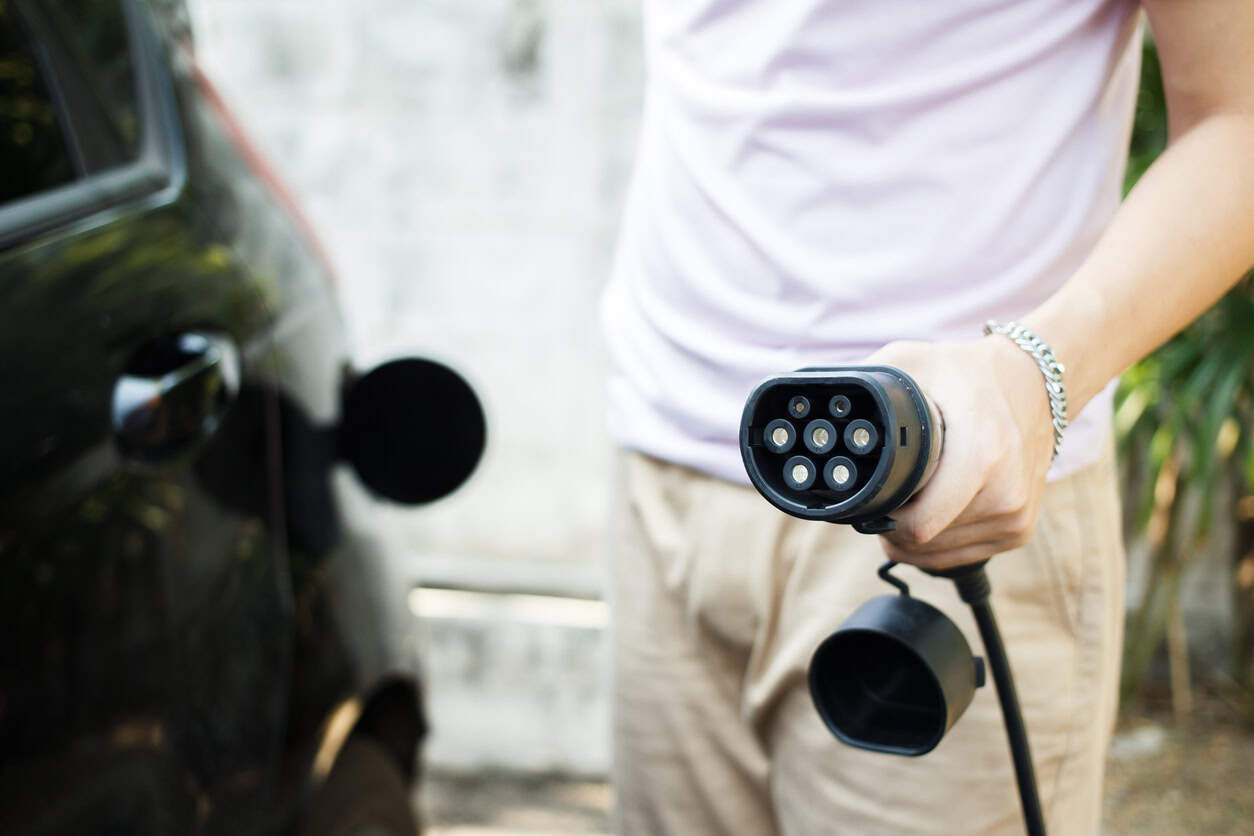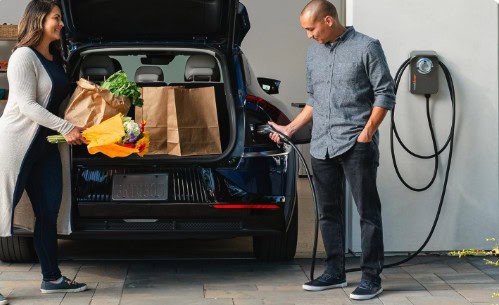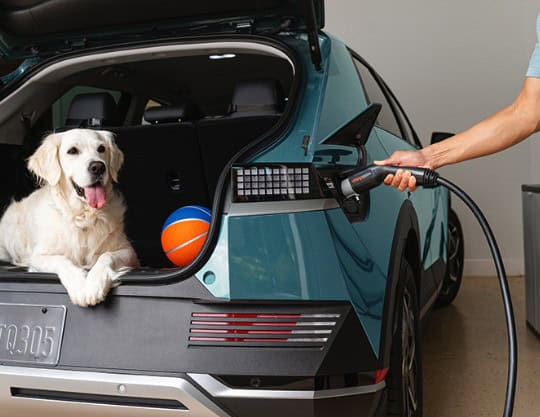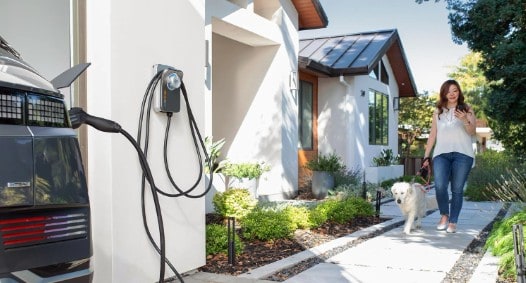Best Water Flosser of 2025
Updated Oct, 2025
Trust Best Buy Guidebook to help you make confident decisions for your next purchase. Our meticulously researched product recommendations can help you find the EV Charger that’s right for you.

EVIQO Level 2 EV Charger ...
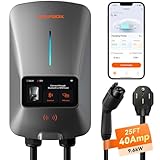
WOLFBOX Level 2 EV Charger..
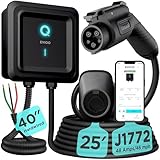
EVIQO EV Charger Level 2 ...
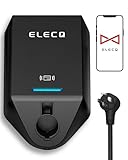
Elecq level 2 ev charger ...
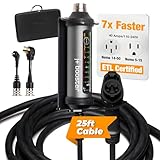
J+ Portable Level 2 EV ...
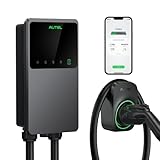
Autel Maxicharger EV ....
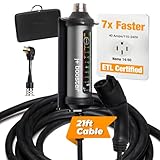
J+ Portable Level 2 EV ...
Compare Products
Buying Guide
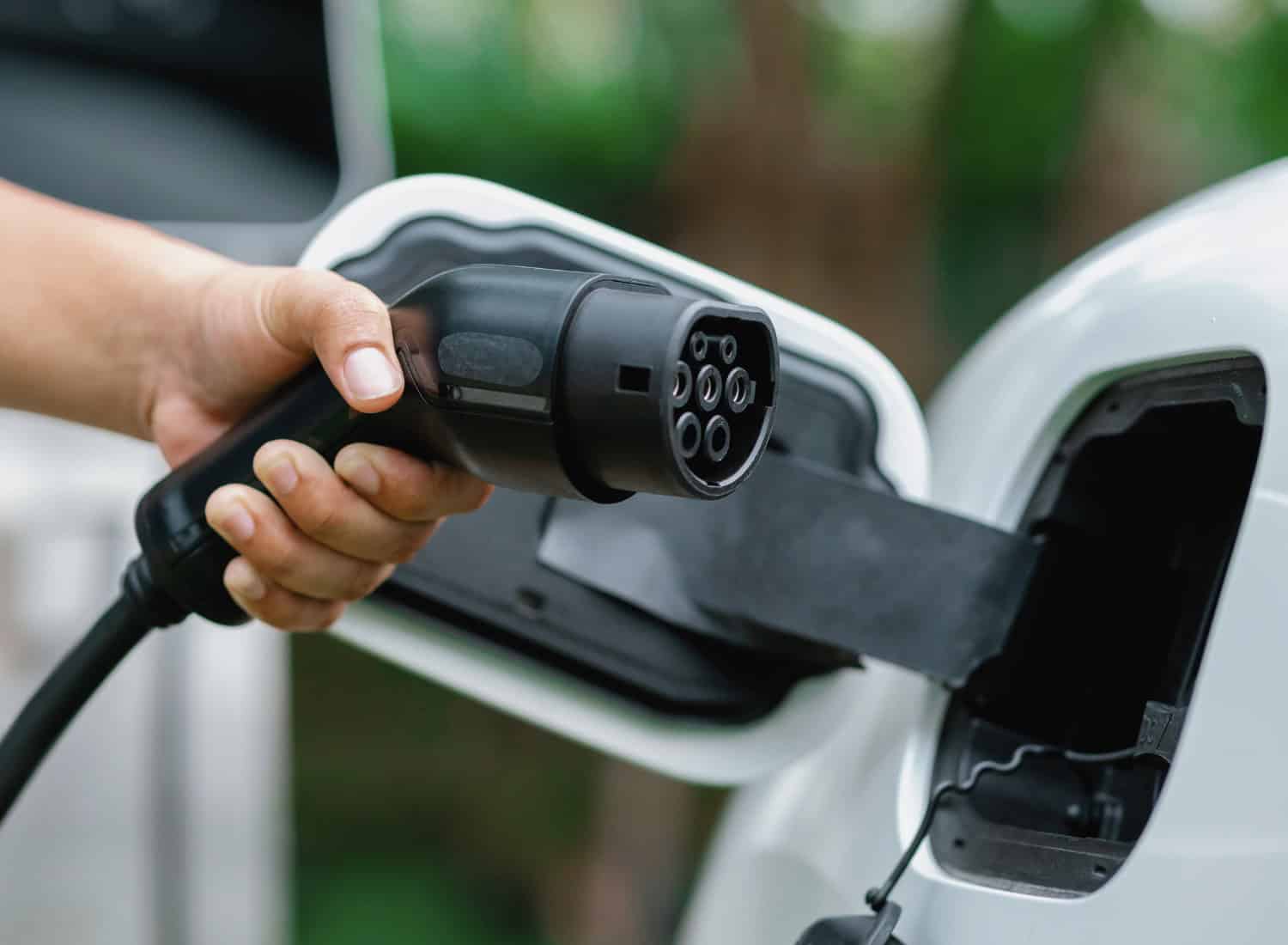
As electric vehicles (EVs) continue to get more and more popular, finding the right charger for your car is becoming super important. After all, having the right charger can make a huge difference in how smooth and efficient your charging experience is. But if you're just starting to look into chargers, all the different options, technical terms, and features can feel a bit overwhelming. It’s easy to get lost in the details.
We’re here to help you cut through the confusion. In this guide, we’ll walk you through everything you need to know when shopping for an EV charger. We’ll break down the key features to look for, explain why they matter, and give you some tips to help you choose the best option for your needs. By the end of this guide, you’ll feel confident about what to look for so you can pick the charger that’s perfect for you.
Understanding Amps and Voltage
Amps (Amperes): This is all about how much electrical current is flowing from the charger to your car. In simple terms, more amps mean faster charging. For example, a 40-amp charger will juice up your EV way faster than a 6-amp charger. So, if speed is important to you, pay attention to those amp numbers!
Voltage: Voltage is about how much power the charger delivers. Most home chargers run on 240 volts, which is much faster than your typical household outlet that runs on 120 volts. A Level 2 charger (240V) is the way to go if you want faster charging at home, while a Level 1 charger (120V) will get the job done but much more slowly — think of it like charging overnight versus waiting for hours during the day.
Hardwired vs. Plug-In Chargers
Hardwired Chargers: These are permanently installed into your home’s electrical system, which means you’ll need an electrician to set it up. The upside? They usually offer more stable and faster charging speeds, which is perfect if you’re charging your EV at home most of the time.
Plug-In Chargers: As the name suggests, these simply plug into an outlet, making them super easy to install and portable. You can use them at home or take them with you on trips. The catch is that they might not charge as fast as hardwired chargers, especially if you’re using a standard household plug.
NEMA Connectors (The Plug Types)
If you’re going with a plug-in charger, you’ll see different plug types referred to as NEMA connectors. Here’s a quick guide:
Types of Connectors and Adapters
Charging Speed
Safety Certifications
When purchasing an EV charger, look for safety certifications to ensure the product meets safety standards:
Smart Features
Many modern EV chargers come with smart features that can make your charging experience more convenient and efficient. For example, Wi-Fi connectivity allows you to monitor your charging status and adjust settings through a smartphone app, which helps you track your energy usage and costs easily. Some chargers also offer scheduling options, enabling you to set charging times during off-peak hours when electricity rates are lower, saving you money. Additionally, chargers with real-time monitoring provide live data on charging speed, cost, and overall energy consumption, giving you complete control over your charging process.
Installation Considerations
If you've chosen hardwired EV installation, there are a few important factors to consider to ensure everything runs smoothly and safely. First, it’s highly recommended to have a professional electrician handle the installation. This isn’t just about convenience — it’s essential for meeting local electrical codes and ensuring the charger operates safely without any risk of overloading your system. A qualified electrician will make sure everything is wired correctly, reducing the chances of any future electrical issues.
Another key factor is your home’s circuit capacity. Most Level 2 chargers, which are the fastest and most common for home use, require a dedicated circuit of at least 40 amps. This means your electrical panel needs to have enough capacity to support this load. If your panel is already close to its limit, you might need to upgrade it to avoid tripping breakers or causing other electrical problems. It's a good idea to check these requirements before purchasing a charger to avoid unexpected costs or complications during installation.
Our Top Picks
Final Thoughts
Choosing the right EV charger is crucial for maximizing your electric vehicle's performance and convenience. By understanding the terms and features outlined in this guide, you'll be better equipped to select a charger that meets your needs. Always consider compatibility with your vehicle, the charging speed you require, and the safety certifications of the product before making a purchase.
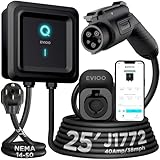
EVIQO Level 2 EV Charger 40 Amp - 9.6 kW 240V Wall Home EV Charger Level 2, NEMA 14-50 Plug, J1772 25' Cable - Enhanced Wi-Fi – UL, ETL Certified EVSE, Smart Electric Vehicle Charging Stations – GEN 2


